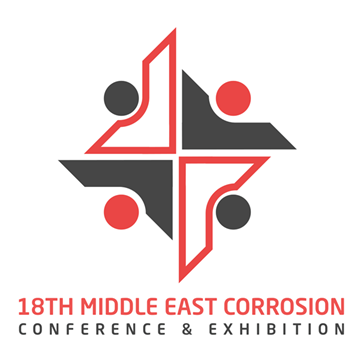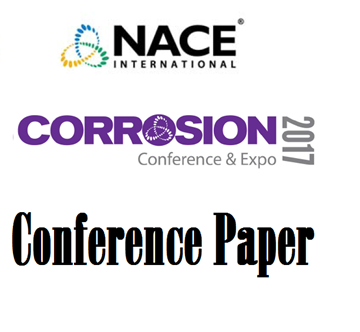Search
Products tagged with 'ssc'
View as
Sort by
Display
per page
Impact Of Material Properties Of Thick-Wall X65 TMCP Plate Steel For Sour Service
Product Number:
51322-17917-SG
Publication Date:
2022
$20.00
Improved Girth Welding On Seamless Linepipe For High H2S Partial Pressure Condition
Product Number:
51322-17710-SG
Publication Date:
2022
$20.00
Investigating Crack Initiation and Propagation from Hard Spots In TMCP Steels Exposed to Wet Sour Environments
Product Number:
MECC23-20109-SG
Publication Date:
2023
$20.00
Naturally Buffered Iron Chloride Containing Solutions for SSC Tests of Low Alloy Steels
Product Number:
51324-20732-SG
Publication Date:
2024
$40.00
New Axially Loaded Full Ring Test Method for Assessment of Susceptibility of Girth Welds and Parent Pipe to Sour Service Cracking
Product Number:
51317--8965-SG
ISBN:
8965 2017 CP
Publication Date:
2017
$20.00
Non Producing Environments Leading to Downhole CRA Completion Failures
Product Number:
51324-20620-SG
Publication Date:
2024
$40.00
Reduction Of Conservatism In SSC Testing For Sour Gas Well Tubulars
Product Number:
51322-17776-SG
Publication Date:
2022
$20.00
Ripple Slow Strain Rate Test for SSC and SCC of Super 13Cr Martensitic Stainless Steel and 25Cr Super Duplex Stainless Steel Tubular Materials
Product Number:
51324-20735-SG
Publication Date:
2024
$40.00
Should Socket Welds Be Used In Sour Service Process Environments And What Are The Quality Control Requirements?
Product Number:
51321-16536-SG
Publication Date:
2021
$20.00
Sour Crack Initiation and Propagation Assessment of P110 and Q125RY Casing Materials in Mild Sour Conditions
Product Number:
51324-20617-SG
Publication Date:
2024
$40.00
Sour Environmental Severity Based On Hydrogen Permeability And HIC/SSC Susceptibilities
Product Number:
51321-16543-SG
Publication Date:
2021
$20.00
Sour Service Limit Of 17% Cr Stainless Steels Grades For OCTG
Product Number:
51321-16637-SG
Publication Date:
2021
$20.00












